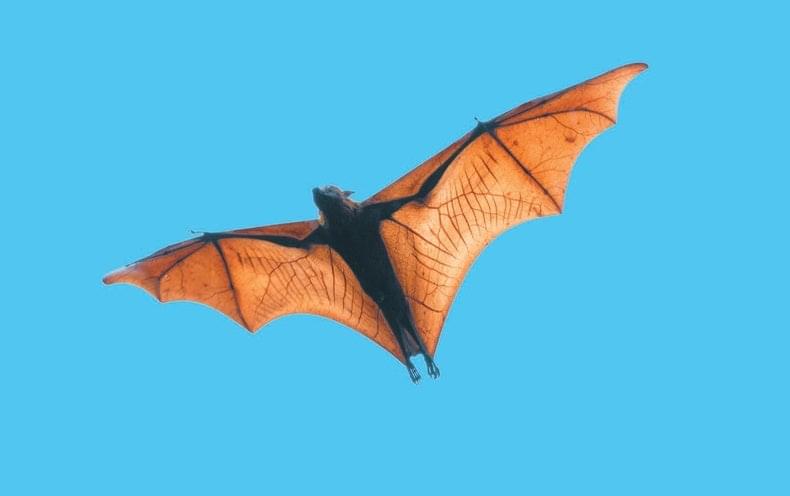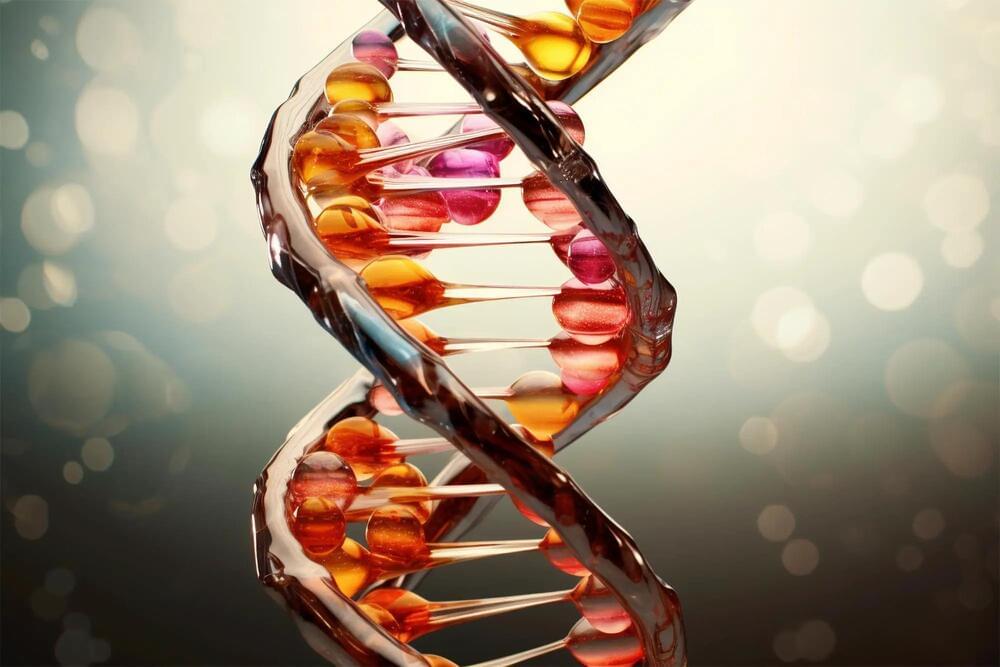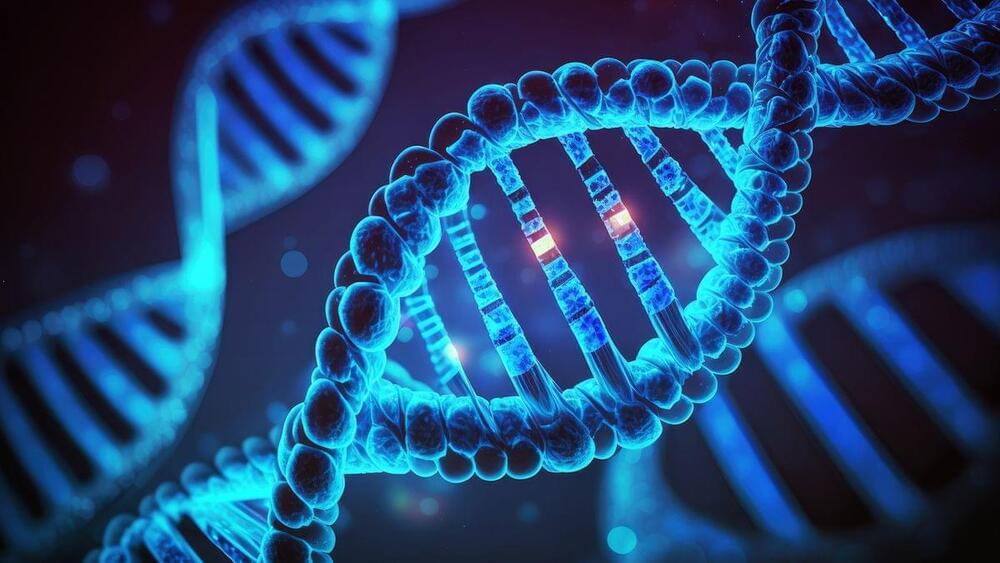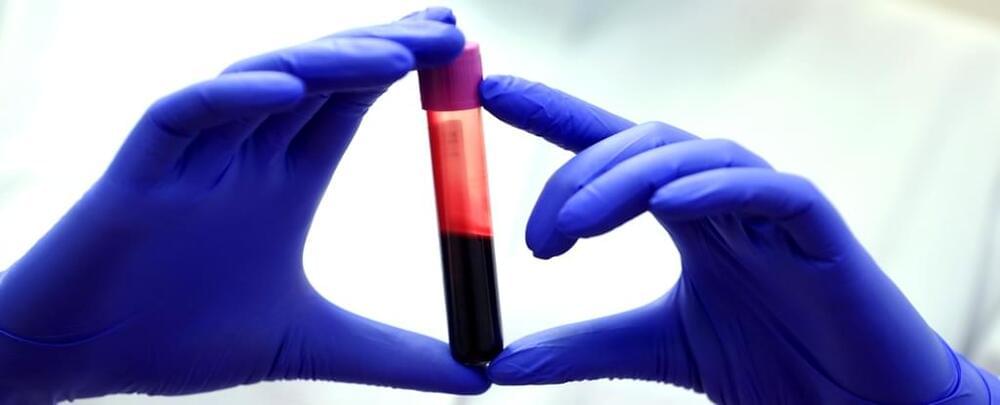Archive for the ‘genetics’ category: Page 90
Oct 12, 2023
Biobank aims to discover new treatments for children with genetic muscle diseases
Posted by Shubham Ghosh Roy in categories: biotech/medical, genetics
An Australian first biobank will be established to improve and discover new treatments for children with genetic muscle diseases.
The National Muscle Disease Bio-databank, co-led by Murdoch Children’s Research Institute, Monash University and The Alfred, will advance research into our understanding of why children develop genetic muscle diseases.
These diseases, spanning dystrophies and myopathies, are characterised by severe muscle weakness, usually from infancy, that can impact swallowing, breathing and lead to eye problems and learning difficulties.
Oct 12, 2023
Unlocking immortality: the science of reversing aging
Posted by Paul Battista in categories: biotech/medical, chemistry, genetics, life extension, nanotechnology, science

When it comes to human longevity, you might envision nanobots helping our bodies operate more efficiently. But our bodies are biological machines in their own right, evolved to handle any situation in the real world from illness to cold to hunger. Our bodies heal themselves, and they can be programmed to do so if we understood that language better.
This video talks about DNA and genes, and the epigenetic mechanisms that read that information. The epigenetic clock is one way to measure the age of cells, and this can be reversed with current technologies. We discuss experiments by David Sinclair, which made blind mice see again, and experiments by Greg Fahy, which regenerated the immune system of humans and reset their cellular age by 2 years.
Continue reading “Unlocking immortality: the science of reversing aging” »
Oct 11, 2023
Divergent DNA: The Accidental Discovery That’s Shaking Genetics
Posted by Dan Breeden in categories: biotech/medical, genetics
Scientists testing a new method of sequencing single cells have unexpectedly changed our understanding of the rules of genetics.
The genome of a protist has revealed a seemingly unique divergence in the DNA
DNA, or deoxyribonucleic acid, is a molecule composed of two long strands of nucleotides that coil around each other to form a double helix. It is the hereditary material in humans and almost all other organisms that carries genetic instructions for development, functioning, growth, and reproduction. Nearly every cell in a person’s body has the same DNA. Most DNA is located in the cell nucleus (where it is called nuclear DNA), but a small amount of DNA can also be found in the mitochondria (where it is called mitochondrial DNA or mtDNA).
Oct 11, 2023
Neanderthal DNA may shape how sensitive you are to pain, genetic analysis shows
Posted by Dan Breeden in categories: biotech/medical, genetics
Scientists studied genetic samples from more than 7,000 people and linked three genetic variants, inherited from Neanderthals, to increased pain sensitivity.
Oct 11, 2023
Medial Septum’s Key Role in Memory Storage and Recall
Posted by Dan Breeden in categories: genetics, neuroscience
Summary: Researchers unveil the medial septum’s pivotal role in orchestrating memory storage and recall through managing rapid brain wave cycles in the hippocampus. Employing various research methodologies, including optogenetics, the team observes how gamma oscillations, embedded in theta rhythms, facilitate seamless switching between memory encoding and retrieval.
These fast and slow gamma waves, crucial for memory functions, are dictated through two primary pathways via the medial septum, showcasing a sophisticated coordination in memory processes. This insight illuminates potential avenues for understanding and eventually addressing memory-related illnesses like dementia.
Oct 10, 2023
Is the reversal of cellular aging possible through chemical means?
Posted by Montie Adkins in categories: biotech/medical, chemistry, genetics, life extension
This is a bit technical. “nucleocytoplasmic compartmentalization assay”, Yeah buddy.
Life is dependent on the preservation and storage of information. The genome and epigenome are the two central storehouses of information in eukaryotes, and although they work interdependently, they are fundamentally quite different. Genetic information is consistent across all body cells throughout the life of an individual while epigenetic information varies between cells as well as changes over time and as per environment.
Researchers have identified several hallmarks of aging such as epigenetic alterations, genomic instability, cellular senescence, telomere attrition, mitochondrial dysfunction, and others [1]. These are known to play a role in the dysfunction and deterioration of cells with age. David Sinclair and other researchers have previously indicated that loss of epigenetic information can cause changes in gene expression, leading to cellular identity loss. Previous studies in mice have also shown that cell injuries such as cell crushing and DNA double-strand breaks can promote loss of epigenetic information which can accelerate aging along with age-related diseases [2].
Continue reading “Is the reversal of cellular aging possible through chemical means?” »
Oct 10, 2023
Did DunedinPACE Improve For Test #5 in 2023? Also, Is NAD Significantly Correlated With DunedinPACE?
Posted by Mike Lustgarten in categories: biotech/medical, genetics, health
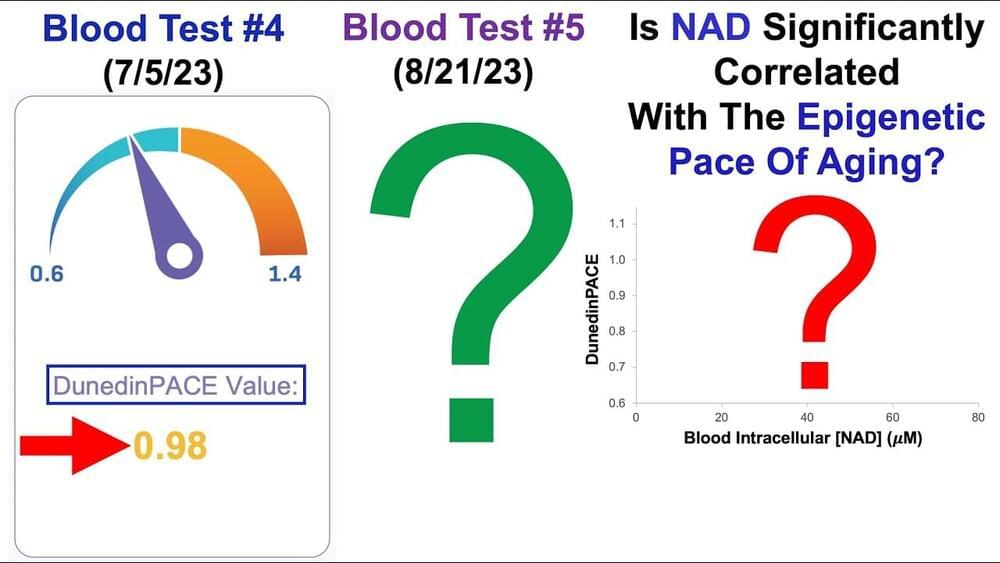
Join us on Patreon! https://www.patreon.com/MichaelLustgartenPhD
Discount Links:
Epigenetic Testing: https://trudiagnostic.com/?irclickid=U-s3Ii2r7xyIU-LSYLyQdQ6…M0&irgwc=1
Use Code: CONQUERAGING
Oct 10, 2023
Darwin or Kimura? Natural selection or pure chance? New literature review aims to clarify a heated debate
Posted by Dan Breeden in categories: biological, evolution, genetics
Some of nature’s mysteries have kept scientists busy for decades—for example, the processes that drive evolution. The question of whether certain differences between and within species are caused by natural selection or by chance processes divides evolutionary biologists even today. Now, an international team of researchers has teased apart a scientific debate concerning the evolutionary theories of Darwin and the Japanese geneticist Kimura. Their conclusion: the debate is unnecessarily convoluted by the co-existence of different interpretations.
Due to his contributions to geological and biological sciences, British naturalist Charles Darwin (1809–1882) is considered one of the most important natural scientists. His influential work “On the Origin of Species” (1859), with its strictly scientific explanation of the diversity of life, forms the basis of modern evolutionary biology. Darwin concluded that species evolve through natural selection: well-adapted organisms survive, others don’t.
However, by the end of the 1960s, the Japanese geneticist Motoo Kimura (1924–1994) proposed that at the genetic level, most changes in the course of evolution do not offer direct advantages or disadvantages to the individual but are simply neutral. According to his “Neutral Theory of Molecular Evolution,” first published in 1968, most of the genetic variation within and between species arises from random fluctuations of neutral mutations.
Oct 10, 2023
The Blood of Exceptionally Long-Lived People Shows Key Differences
Posted by Paul Battista in categories: biotech/medical, genetics, life extension
Centenarians, once considered rare, have become commonplace. Indeed, they are the fastest-growing demographic group of the world’s population, with numbers roughly doubling every ten years since the 1970s.
How long humans can live, and what determines a long and healthy life, have been of interest for as long as we know. Plato and Aristotle discussed and wrote about the ageing process over 2,300 years ago.
The pursuit of understanding the secrets behind exceptional longevity isn’t easy, however. It involves unravelling the complex interplay of genetic predisposition and lifestyle factors and how they interact throughout a person’s life.
